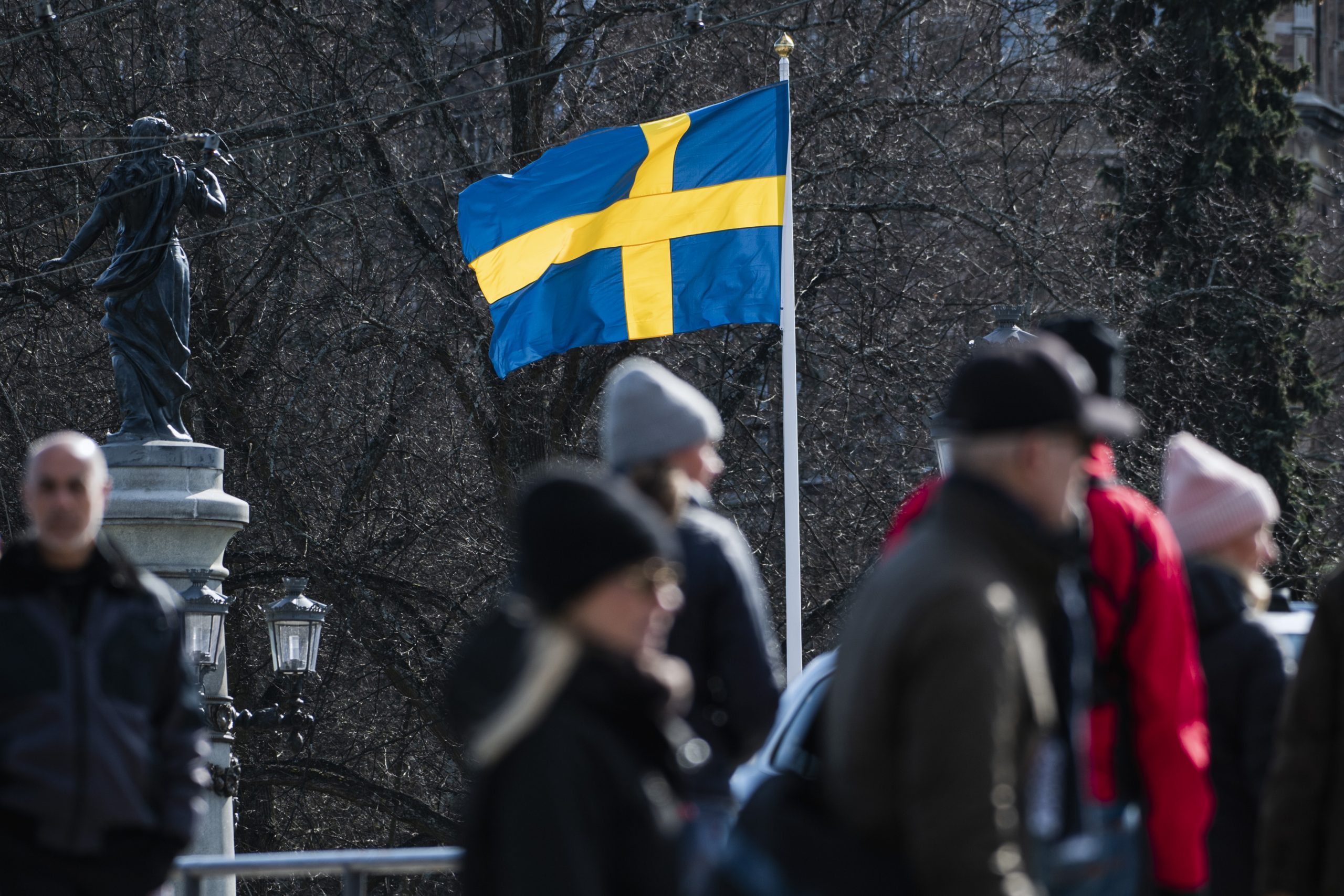
While much of Europe is in lockdown, Sweden has put its faith in the ability of its citizens to act responsibly in the face of the coronavirus pandemic. The strategy is highly controversial.
In late January a woman in her twenties in the city of Jönköping, southern Sweden, developed a cough. She had landed in Sweden a few days earlier after visiting Wuhan in China. On 31 January she became the first person in Sweden to be diagnosed with coronavirus.



